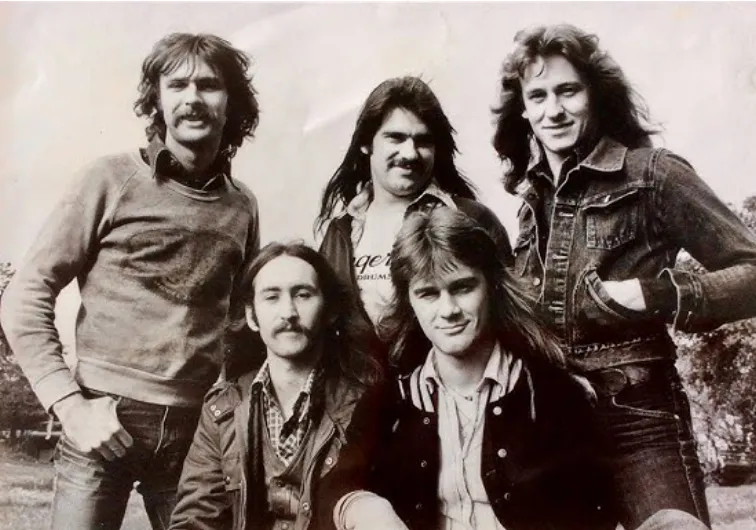
Words from the strangest of places…
I’ve always loved music, right from when I was 10 and begged my parents to buy me a piano. They didn’t have much money, so Dad bought a run-down iron-framed piano with candlestick holders and wax stains on the ivories. Somehow, we got the piano upstairs into my bedroom of our Queenslander house on stilts. We dismantled it on the dining room table and renovated it together. These were the best times with my dad.
Every Saturday, Mum and Dad paid for classical piano lessons, and after an hour with Miss Laurence, I'd stroll around to my grandparents' house, where Grandpa would play the mouth organ and sing to me. Grandma would play her vinyls, which were filled with music from the war that she both remembered and sought to forget.
I paid close attention to the melodies of my grandparents' memories and the glam rock and metal of my childhood played on Countdown and GTK, but I paid no attention to the lyrics. I always sung along, but most of the words were made up based on what I imagined the singers were saying. Phonetically, I was fabulous; accurate, I was not.
Many years later, and when I needed a break from the intensity of my research, I joined a rock band as the keyboardist, backing vocalist, and occasionally lead singer. As a singer, I now had to pay close attention to the words. Oh, what a surprise when I read the lyrics to the songs from my childhood and, for the first time, understood them with more maturity than the teenager I had been.
During this time of discovering lyrics, I met my husband who is the bass player in an iconic Australian band called Stars that had formed in the 70s and reformed in 2017. Listening to the band rehearsing, I connected to the sentiments of the song “Look After Yourself”.
The late Andy Durant’s words struck a chord, particularly relating to the professional context of the delicate balance leaders strive to maintain between their declared intentions and the reality of their actions.

Stars– Excerpt from Look After Yourself
All the times that you said
That you knew what you were doin’
You didn't quite mean it
The way I thought you did.
I can see behind your words
That you had a plan of action
That wasn't quite the same
As what you said.
We've all seen the dance of discrepancies: when a team member says they are committed but doesn't follow through. We can see these patterns from where we are, but it can be hard to change things because of how delicate workplace relationships and hierarchies are.
Chris Argyris' study of "espoused theories" versus "theories-in-use" gives us a strong way to understand this phenomenon. It happens all the time: a leader wants to build a high-performing team but coincidentally makes it hard for people to talk to each other.
Bridging this divide is not merely a theoretical exercise but a practical necessity. It requires us to strive for "congruence" between what we say and what we do. Argyris champions the path to this alignment through increased self-awareness and a receptiveness to feedback, leading to transformational learning and behavioural adjustment.
Are your actions perceived as inconsistent by others? How will you know?
While it might be uncomfortable to confront, it's a potent catalyst for professional growth.
P.S. Should your musical tastes align with introspective song writing, here's the link to "Look After Yourself" by Stars.
Schedule a free 30-minute exploratory discussion with Desley Lodwick here.
Consider resharing and following Dr. Desley Lodwick to see more content like this.